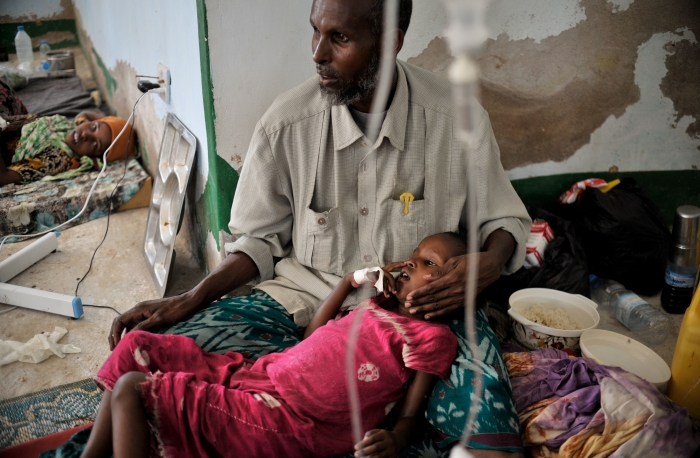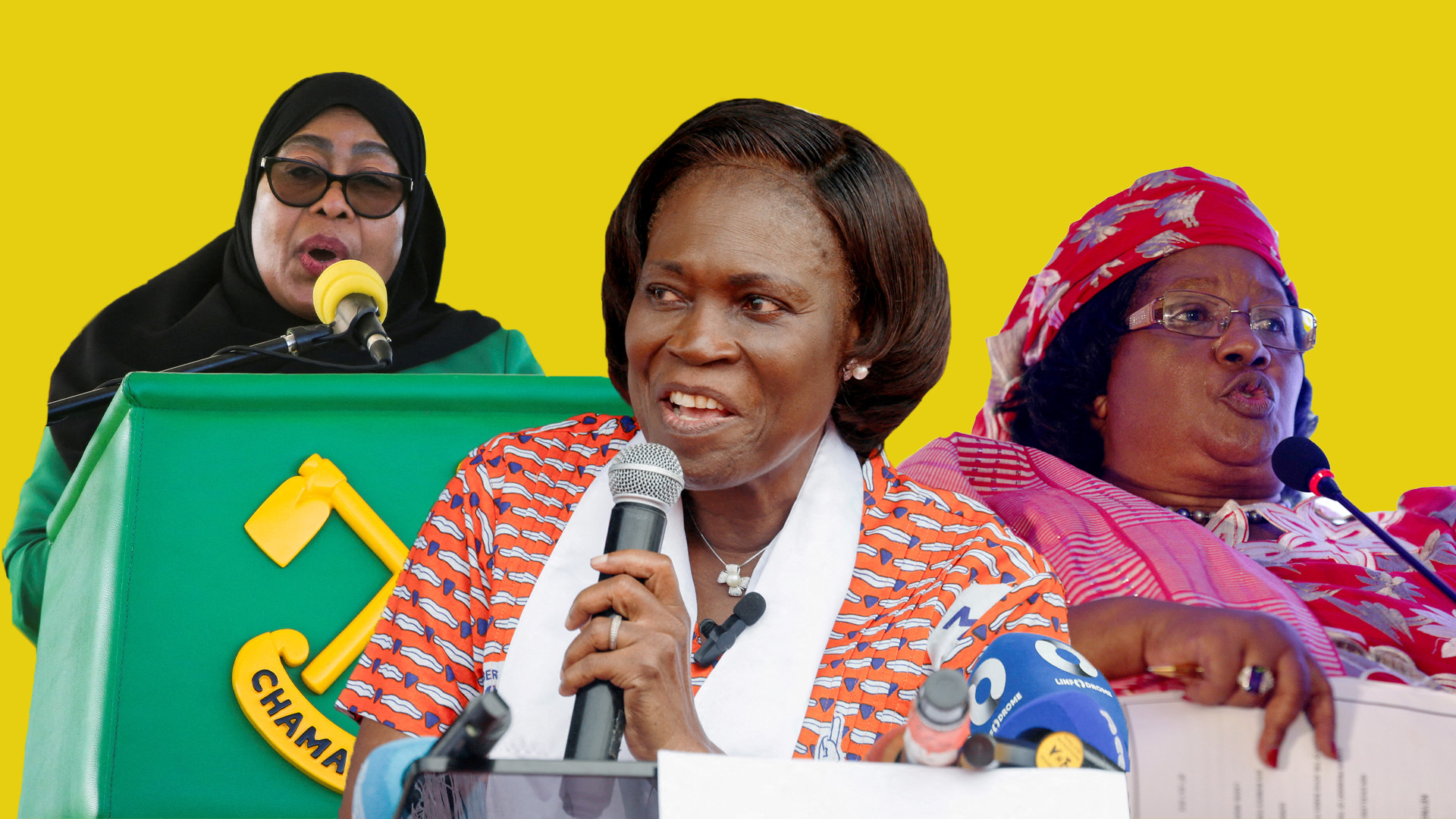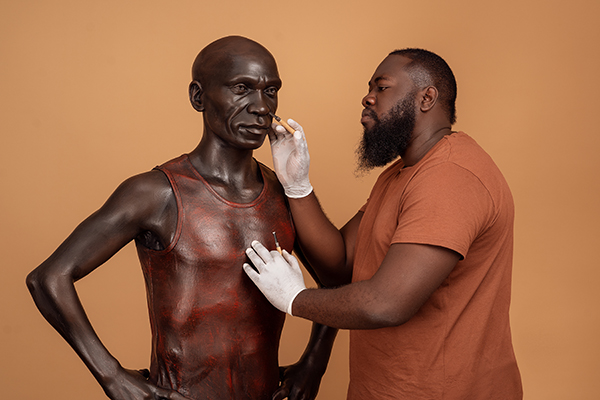
New report reveals thousands of Cholera cases & hundreds of deaths

The only cholera treatment center in the town of Baidoa, one of the region’s worst affected by drought and water related illnesses including cholera, inside the UN – funded center where hundreds succumbed to cholera.
Although paramedics have managed to treat thousands of cases as part of the joint efforts by government and UN, many have been lost.
According to data from The Norwegian Refugee Council, more than 700 people have died from cholera in Somalia in the worst outbreak of the disease in five years
“A huge displacement was recorded in the beginning of this year, and a water crisis was reported in most of the affected areas. Estimates by health officials indicate that more than 10 thousand people suffered water related illnesses…” said Yahya Abulkadir Shole, Ministry of Health, Somalia.
The diseases also affected thousands in northern Somalia – affecting many in Buuhodle and Burco regions prompting authorities in the breakaway region of Somaliland to term the region as medical emergency area.
In some regions, schools were forced to shut down, with authorities increasing their use of media platforms to educate people on the importance of hygiene
The U.N estimates that more than 50,000 people were affected by cholera in the past six months – but compared to 2011, where 250K people died, this time health experts say there was increased preparedness but almost 800 lives were lost.
“Compared to the previous famine in 2011, this year, authorities and humanitarian partners were much prepared including in the security front where aid reaches areas it previously didn’t reach last time. If the government increase its readiness to avert disasters – not many live will be lost ever again,” said Yahya Abulkadir Shole, Ministry of Health, Somalia.
More than 360K children currently remain malnourished according to UN, the most at risk, with another 3.65 million people said to be in need of aid
According to humanitarian agencies, recent rainfall record provided much relief in some areas, but the rainy season was shorter than normal and generally poor. And as the country’s humanitarian crisis shows no sign of improving for now major capitals including Mogadishu will continue to play home to thousands of IDPs.






